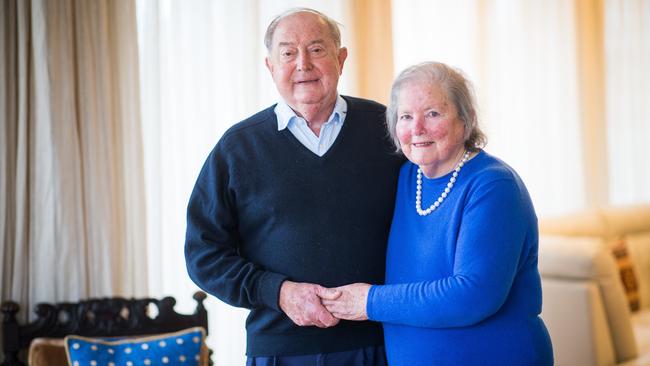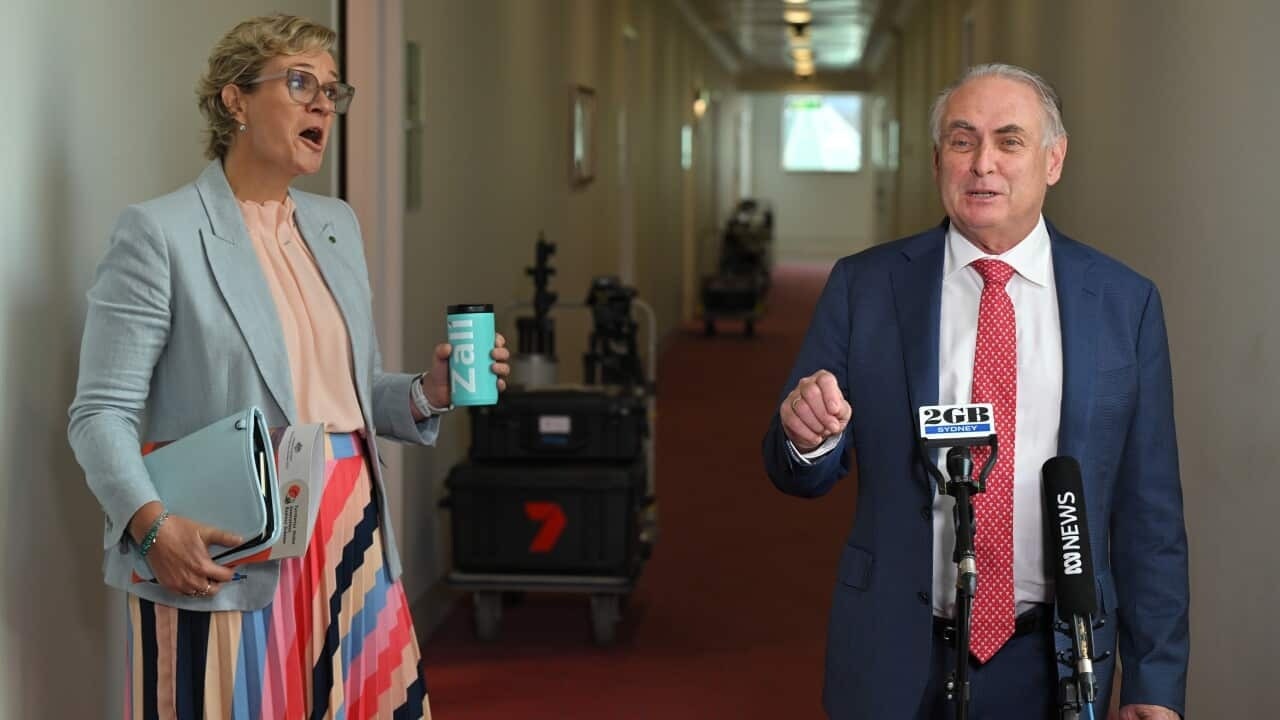Cancer blood test a lifesaving breakthrough
A new blood test that detects the DNA of cancerous tumours is being made available to Australian patients for the first time.

A new blood test that detects the DNA of cancerous tumours is being made available to Australian patients for the first time, enabling targeted treatment that has given patients with terminal cancer a new chance at life.
Circulating tumour DNA testing is a blood test that uses genomic sequencing to detect the DNA of cancerous tumours. It can replace the need for invasive biopsies and can also be used to guide personalised treatment, including alternative treatments outside of chemotherapy.
Patients with blood cancers are now able to access ctDNA testing at the Christine and Bruce Wilson Centre for Genomics at the Peter MacCallum Cancer Centre in clinical trials, funded by charitable organisations the Snowdome Foundation and the Epworth Medical Foundation.
“This testing means in some cases we can get the same information without having to do a biopsy,” said Piers Blombery, who heads the Molecular Haematology Laboratory at the Peter MacCallum Cancer Centre.
“This is particularly useful when people have cancer in an area that we can’t perform a biopsy, like deep in the brain.
“Every cancer is different and genomics testing such as the ctDNA panel gives clinicians more details about what drives the individual patient’s tumour cells; it can give you more accurate diagnoses, prognoses and ultimately more treatment options.”
Circulating tumour DNA are small pieces of DNA shed from cancer cells. By sequencing a person’s tumour sample, doctors gain an understanding of what DNA changes have taken place and caused the cancer to grow.
Treatment can then be tailored to the cancer’s individual mutation, and frequent further blood tests can monitor how effective that treatment is.
Melbourne cardiothoracic surgeon Bruce Davis owes his life to ctDNA genomic testing. In 2013, Dr Davis developed t-cell lymphoma and despite a raft of different chemotherapy treatments and immunotherapy, his lymphoma returned and spread to his stomach and brain.
When haematologists performed ctDNA testing, they found a specific protein in Dr Davis’s tumour also present in melanoma tumours. That meant a treatment targeting this specific protein could be utilised to attack his cancer. The drug was administered when Dr Davis was days away from death, said Miles Prince, part of the team of doctors that treated him. “We knew he had a t-cell lymphoma but we didn’t know what the sub type was because these cancers can change their stripes … He was deteriorating in front of our eyes.
“This result came as a big surprise — it was unexpected,” Professor Prince said. “The results showed the cancer had a completely unexpected mutation in it that made it look like a melanoma.
“Unbelievably, we gave him a particular drug, he had a huge fever and it was almost like the movies — he woke up the next day like a new person.”
Dr Davis’s cancer is now in remission. “The drug had a miraculous effect,” he said. “With this better diagnosis and better treatment, having the right test and the right drug, they’re all part of the improving options that everyone has these days.
“It’s a great thing that’s happened in medicine.”
Professor Prince, who is the director of Cancer Immunology and Molecular Oncology at Epworth HealthCare and co-founder of the Snowdome Foundation, said ctDNA testing would avoid the need for ineffective chemotherapy in some patients.
“This testing allows us to monitor the cancer so we can progressively do blood tests in parallel to scans. It will allow us to do the blood tests to monitor how people are responding to treatment just like we monitor blood glucose for patients with diabetes.
“The flipside … is we could be saving lots of people from getting the wrong treatment.”
Professor Prince called on the federal government to fund genomic testing. “This is really essential because this testing is saving people’s lives every day.”







